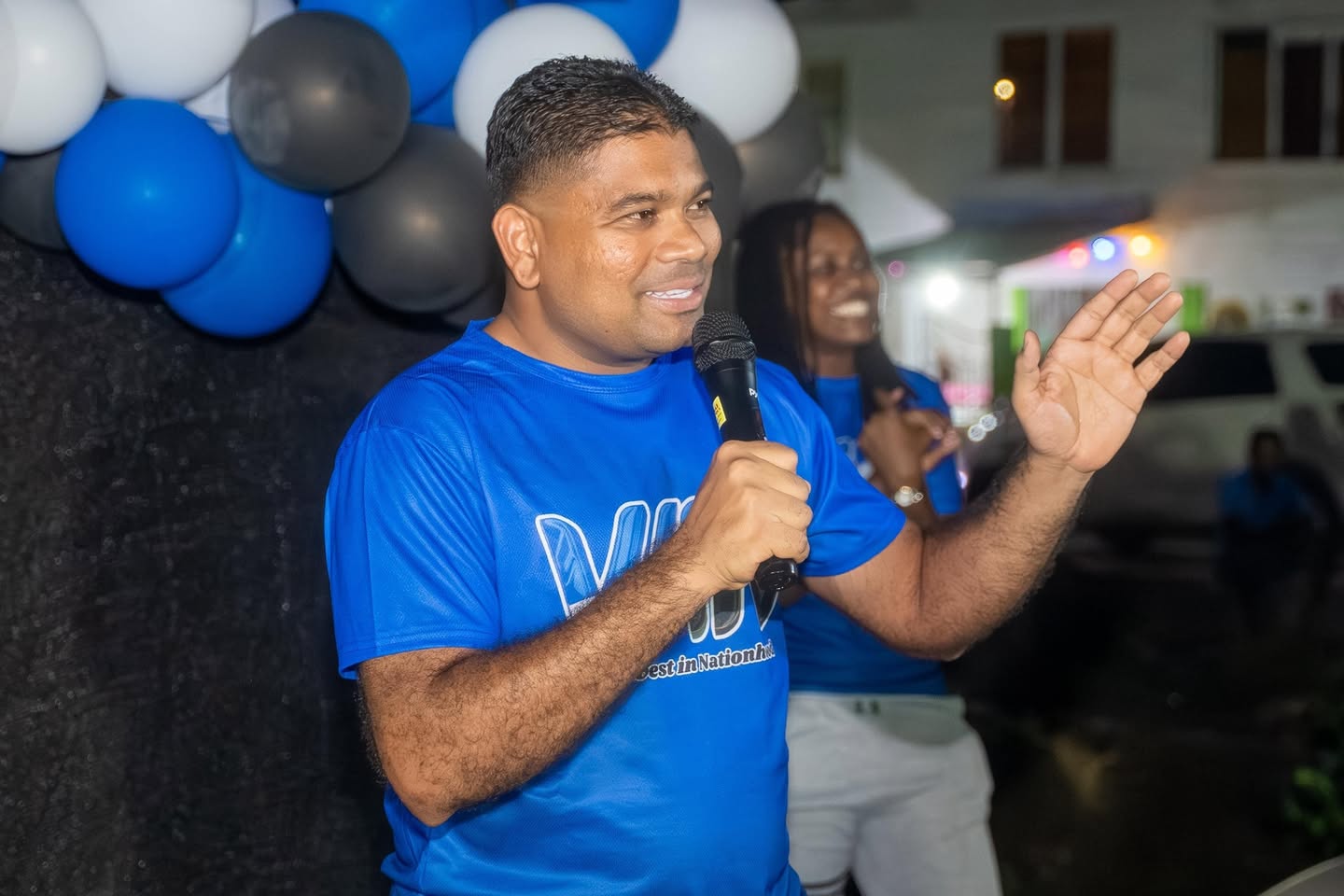In June 2024, the United States Department of the Treasury, through its Office of Foreign Assets Control (OFAC), announced sweeping sanctions against prominent Guyanese gold dealer Azruddin Mohamed, his father Nazar Mohamed, their affiliated businesses, and a former Permanent Secretary. The charges were severe: underreporting over 10,000 kilograms of gold exports, defrauding the Guyanese state of over USD$50 million in taxes, and bribing customs officials and public servants. These actions, according to the U.S. government, constituted a systematic assault on Guyana’s economy and governance. Yet, despite the gravity of these allegations and their direct implications for Guyana, no criminal charges have been brought against Azruddin Mohamed by the Government of Guyana.
The silence is deafening.
The US Government’s Role: Clear Lines Drawn
Amid the fallout from the sanctions, U.S. Ambassador to Guyana, Nicole Theriot, clarified the position of her government: the United States did not instruct or influence local banks or other institutions in their treatment of Mohamed or the newly formed WIN Party, of which he is the presidential candidate. She reiterated that the sanctions only apply within U.S. jurisdiction, and the U.S. has no intention of interfering in Guyana’s domestic politics or elections. Her remarks aimed to quell speculation that the U.S. was orchestrating a political hit job. The banks and airlines that chose to cut ties with Mohamed acted independently, she affirmed, following their own internal risk assessments.
A National Crime, an International Response, and a Local Inaction
The core of the OFAC sanctions hinges on alleged crimes against Guyana itself—revenue lost through gold smuggling, duties evaded, and corruption embedded in high-level public institutions. The U.S. justified its intervention by citing the global scope of illicit financial flows, but at its heart, the case is deeply Guyanese. It was Guyana that was defrauded. It was Guyanese public officials who, allegedly, were bribed. And it is the Guyanese people who are left wondering why their own government has yet to act.
Why, after using the sanctions to distance themselves from Mohamed publicly, has the Government of Guyana not initiated legal proceedings? The silence raises uncomfortable questions. Are Guyana’s institutions unwilling, unable, or perhaps politically constrained from pursuing justice?
PPP/C and the Mohamed Dynasty: A History of Proximity
The Mohamed family’s relationship with the ruling People’s Progressive Party/Civic (PPP/C) has long been the subject of public observation. During the 2020 elections, then-opposition leader and current President Irfaan Ali was photographed using one of the Mohamed family’s bulletproof vehicles. The Mohamed family has also been involved in major infrastructural and commercial ventures, including joint interest in a private shore base project, suggesting deep integration into Guyana’s economic architecture.
Such visible proximity calls into question the impartiality of Guyana’s governance structures. Can the administration realistically claim to be detached from a family that has contributed to its logistics, infrastructure, and possibly campaign support? And if the allegations against the Mohameds are so damning, what does the PPP/C’s continued silence suggest?
The WIN Party: A Trojan Horse?
The emergence of the We Invest in Nationhood (WIN) Party, with #AzruddinMohamed as its presidential candidate, adds another layer of complexity. There are those who speculate whether WIN is truly a breakaway political force or a calculated spoiler meant to fragment opposition votes. The absence of public condemnation or legal proceedings against Mohamed, despite the OFAC sanctions, fuels suspicion that WIN might be a proxy, designed to serve the political interests of the PPP/C by siphoning discontented voters away from the more formidable opposition parties.
To be clear, no concrete evidence has yet been brought forward to confirm such a theory. However, in the context of Guyana’s often murky political waters, questions of authenticity and strategic positioning are neither paranoid nor far-fetched—they are pragmatic.
What Should Guyanese Expect?
Guyanese citizens deserve more than political theatre and legal ambiguity. If the allegations against Mohamed are true, then justice must be pursued locally, not just from Washington. Sovereignty means more than defiance of external pressure; it also implies the responsibility to uphold the rule of law within one’s own borders. If Guyana’s government fails to act, it effectively concedes its moral and legal authority to foreign powers. That is not sovereignty. That is abdication.
Conversely, if Mohamed is innocent, then the Government of Guyana has an obligation to state its case and protect the civil rights of its citizens from undue reputational harm. But the current posture—of neither charge nor defence, neither condemnation nor exoneration—only invites cynicism and corrodes public trust.
A Call for Transparency and Action
This is not just about one man. It is about the credibility of our institutions, the independence of our judiciary, and the promise of equal justice under the law. If the Government of Guyana continues to ignore this issue, it risks confirming the worst fears of its citizens: that justice is selective, that power protects its own, and that the rule of law is a tool for the weak, not the powerful.
We are left to ask: What is the cost of silence? And who pays the price?
Let the facts speak. Let justice answer.
Let the people know the truth.


